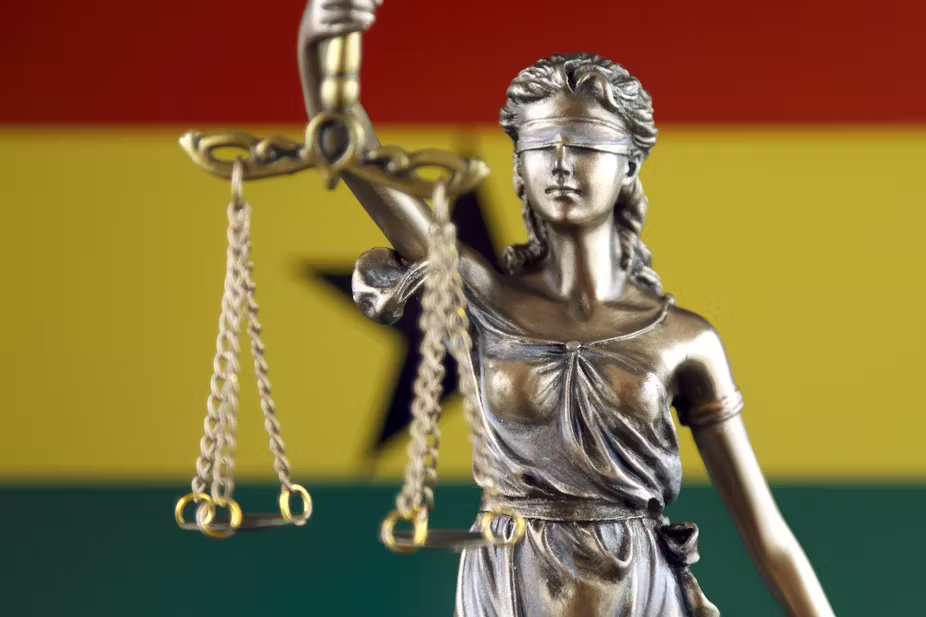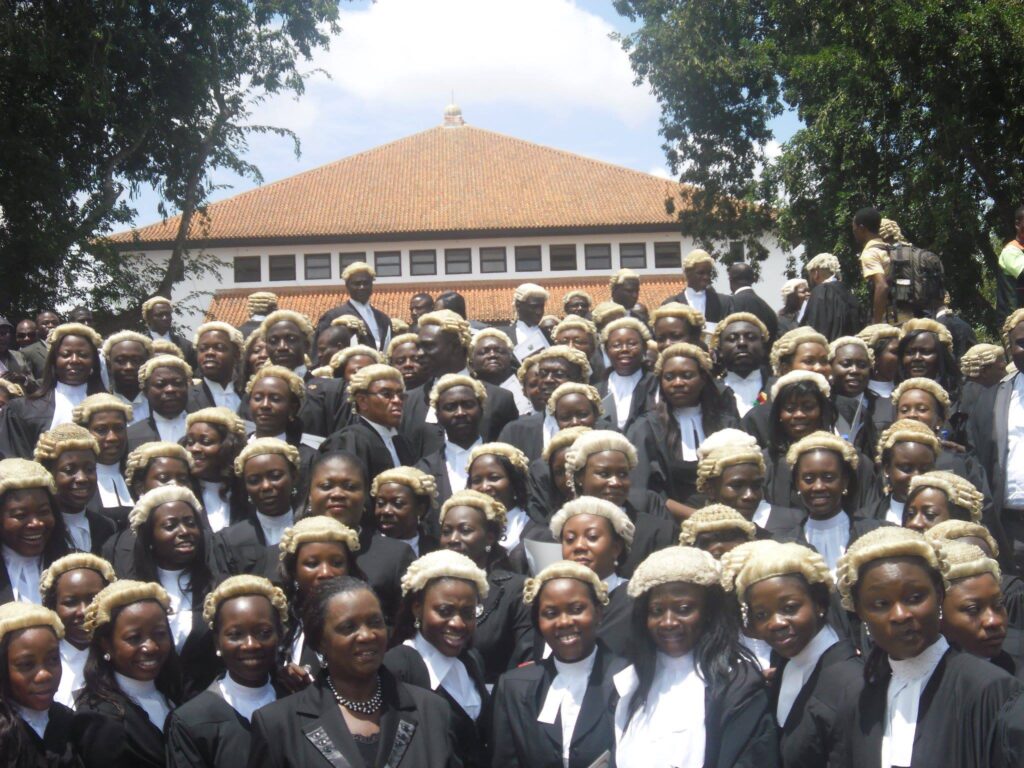On January 25, 2023, Dauda Mohamamed Nazir was facing a minimum of 10 years in prison for his involvement in a violent dispute at an election event in Cape Coast, a city in Ghana.
Nazir, who speaks Hausa, a local Ghanaian language, entered a guilty plea when he first appeared at the Accra Circuit Court on January 10, 2023.
But he entered his plea without legal representation.
His charges were read in English while two other accused individuals deferred entries for their pleas because they preferred their charges to be read in their local dialect.
On January 25, 2023, a day set aside for judgment, Mr. Nazir appeared in court, but this time, with legal representation.
His lawyer, Beatrice Annangfio, contested the sentencing of her client, arguing that Mr Nazir did not fully understand what it meant to plead guilty to the offence.
She also added that the court clerk was not a certified interpreter and had not communicated to the understanding of Mr. Nazir in his native language of Hausa.
The court halted the sentencing and rescheduled for another plea hearing.
Cases similar to Mr. Nazir are not so isolated. The availability of legal counsel to assist with civil and criminal cases can be hard to find for the average Ghanaian.
Some of this can be attributed affordability and the concentration of lawyers in the capital city.
According to new data from the Ghana Bar Association (GBA), a professional association of lawyers in Ghana, the Greater Accra region has the highest number of licensed and active lawyers.
A survey by GBA, a professional association of lawyers in Ghana, indicates that 6,484 active lawyers are licensed to practice law in Accra.
This is a 15% increase from last year, when the GBA’s survey indicated 5612 active lawyers in Accra.
The Upper East region has the lowest number of licensed lawyers, with just 27.
With the concentration of lawyers heavily based in one region, access to legal counsel could be a major issue for citizens in other parts of the country, which all leads to major justice inequality.
There is another area that Ghana needs to address concerning access to legal services: the unavailability of public defenders.
As of the end of 2024, the Public Defender division of the Legal Aid Commission only has 34 public defenders, with just 12 specialising in criminal cases. The majority of public defenders are also concentrated in the Greater Accra and Ashanti regions.
Number of Public Defenders in Ghana is Abysmally Low
In 1997, the Legal Aid Commission (LAC) agency was created after the establishment of the Legal Aid Scheme Act of 1997 (Act 542).
The agency is responsible for providing free legal services to persons who cannot afford legal representation, as well as vulnerable groups such as women, children, the elderly, and persons with disabilities.
Over the years, LAC has faced challenges, including recruiting and retaining qualified lawyers, who often preferred to work in private practice or other sectors.
As of the end of 2024, the agency only has 34 public defenders, with just 12 specialising in criminal cases. The majority of public defenders are also concentrated in the Greater Accra and Ashanti regions.
In an interview with the Daily Graphic, a Ghanaian news company, Nelson M. Kporha, director of the Public Defenders Division of LAC, appealed to local authorities to give the division clearance to recruit an additional 50 lawyers to help discharge its mandate effectively.
“Most of the cases that go to court and sometimes end up in conviction, you will realise that if the person had been properly advised, the case would not have gone to court in the first place, and that is why we need more lawyers to assist these accused persons from the point of arrest,” he said.

Can The Average Ghanaian Afford Legal Services?
The data is mixed, but according to multiple sources, the average income of the average Ghanaian ranges between GHC 2,000 and GHC 5,000.
To hire a lawyer, this is an average of how much you would pay for a consultation.
- Senior Counsel (10+ years experience): GH¢2,000 – GH¢4,000
- Counsel (5 – 9 years experience): GH¢1,000 – GH¢3,000
- Junior Counsel (Under 5 years experience): GH¢600 – GH¢2,000
Retainer fees for legal counsel shoot up to 8,000 GHC per hour.
According to data from Global Living Wage, an international organisation working to achieve a decent standard of living for working people and their families worldwide, Ghana’s estimated living wage for peri-urban areas in the Volta region was estimated at around GHC 3,609 per month ($252 per month).
If a resident in the Volta region needed to obtain the services of a lawyer, they would barely be able to afford the consultancy fees, let alone a retainer for further services.

Can This Problem Be Fixed Soon?
As Mr. Kporha stated in his interview, a first step in helping Ghanaians attain legal services is to expand the legal aid scheme.
Local Government authorities need to secure more funding for the Legal Aid Commission to hire more lawyers and deploy them outside Accra.
Another solution is to create support networks for paralegals. Paralegals are not persons who are fully qualified as lawyers but are trained in legal matters.
The training of paralegals, especially in rural areas, could help provide basic legal services to persons who cannot easily find legal counsel.
There are likely to be persons like Dauda Mohamamed Nazir who need representation in court for various legal issues.
But the unavailability of professional laywers help might end up putting persons in prison for the slightest of offenses when they could be easily get off with lighter sentences or even fines.
Access to justice should not be complicated. But looking at the situation in Ghana, there’s a lot of work to do to ensure justice equality.





